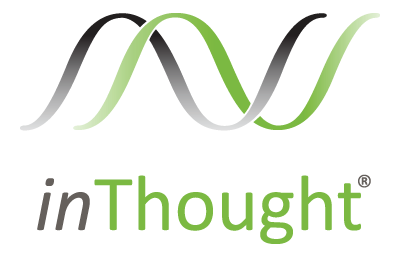July 25, 2019
Impact: High
- Bristol-Myers Squibb has provided updates on Part 1a and Part 2 of the Phase 3 CheckMate -227 study of Opdivo in 1L NSCLC.
- Part 1a, which evaluated Opdivo and Yervoy vs. chemotherapy, met the co-primary endpoint of overall survival in patients with tumor expression levels of PD-L1 > 1%.
- A survival benefit was also observed with Opdivo/Yervoy vs. chemotherapy alone in patients with tumors devoid of PD-L1 expression levels.
- Part 2 of the study comparing Opdivo and chemotherapy to chemotherapy alone failed to meet the primary endpoint of overall survival (OS).
- The mOS in patients treated with Opdivo/chemotherapy was 18.83 months vs. 15.57 months with chemotherapy alone. OS at 1 year was 67% with the combination vs. 59% with chemotherapy alone.
- Data from this trial will be shared with regulatory authorities and be presented at a future medical conference.
inThought Analysis
These updates continue to piece together the story of Opdivo in 1L NSCLC.
Bristol notes that -227 is the first trial to demonstrate a survival benefit with a dual immunotherapy combination in 1L NSCLC. Perhaps not all that surprising, there was no mention of patient TMB status in either of Bristol’s press releases or during its 2Q earnings call, underscoring the significant doubt of that has been lingering in the oncology community with using TMB as a patient selection tool. Recall that, in January, Bristol withdrew its Opdivo/Yervoy sBLA submission to FDA in patients with TMB ≥ 10 mutations/megabase (mut/Mb) but we suspect that this filing will be resubmitted with positive data using PD-L1 expression levels as a patient selection tool (at least for the primary endpoint) now in hand. Based on the results of the exploratory analysis, a survival benefit is seen regardless of PD-L1 expression.
Data from Part 1a reinforce the rationale for targeting both the PD-1 and CTLA-4 axes, which has shown mixed results across the board in immuno-oncology. Bristol will push its Opdivo/Yervoy regimen based on experience in melanoma and RCC, despite the high price tag. Data could be submitted as a late breaker at ESMO (deadline is August 21), and once revealed will shed more light on the benefit of a PD-1 inhibitor combined with another immunotherapy compared to chemotherapy.
The negative results of Part 2 are a major setback, especially given the success of Keytruda plus chemotherapy in this setting, although Bristol does note that the chemotherapy arm in part 2 overperformed. Results from CheckMate 9LA (Opdivo/Yervoy/chemotherapy vs. chemotherapy) are expected in 2020 and will provide Bristol with yet another chance to produce a 1L NSCLC data set, but for the time being focus will shift towards its dual IO regimen that is chemo-free.
Sources: BMS press release: Part 1a (Opdivo/Yervoy), BMS press release: Part 2 (Opdivo/chemotherapy)




Leave a Reply
Want to join the discussion?Feel free to contribute!